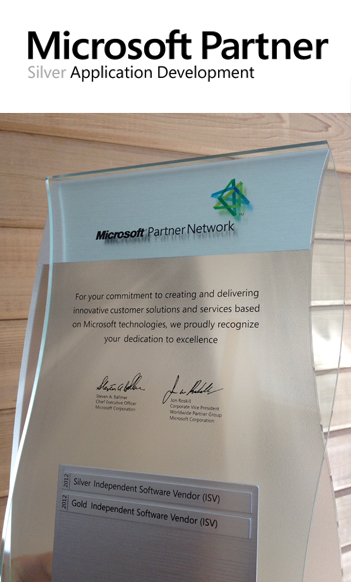Sources of VWL Problems
Common VWL Opening Problems
Missing PTC Vuforia
If you attempt to load your VWL file, you experience a message such as "Can't Open VWL Files". Usually, this is because you do not have PTC Vuforia for %%os%% installed. The OS won't know what to do with your VWL file, so double-clicking to load the file doesn't work.
Tip: If you don't have PTC Vuforia installed, and you know of another program to open your VWL file, you can try opening it by selecting from the programs listed under "Show Apps".
Incorrect PTC Vuforia Version
In other instances, your Vuforia Word List file version may not be supported by your version of PTC Vuforia. Installing the latest version of PTC Vuforia from PTC is recommended. This problem is predominately due to having a Vuforia Word List file version that was created by a newer version of PTC Vuforia than what you have installed on your PC.
Tip: You can sometimes get hints about the right program version by right-clicking on the VWL file, selecting "Properties", and looking at the version information.
Summary: In either case, the majority of problems opening VWL files are related to not having the correct software application installed on your computer.
Associated Difficulties Loading VWL Files
Even with the correct version of PTC Vuforia installed, you can still experience difficulties opening VWLs. If you're still experiencing problems opening VWL files, there could be other computer problems. Other contributing causes:
- VWL file references in the Windows Registry are broken
- Unintentional removal of the description of the VWL file inside the Windows Registry
- Defective install of a VWL program, such as PTC Vuforia
- The VWL itself is corrupted
- Your VWL is infected with malware
- VWL-related hardware has device drivers that obsolete
- Your computer does not have the adequate system resources to open the Vuforia Word List format
Quiz: Which file extension is an archive file?

That's Correct!
A SIT file was created by Smith Micro Systems for use with the Macintosh operating system. Now, it is considered "cross-platform", working on multiple operating systems including Windows, Macintosh, Android, iOS, and others.
Close, but not quite...
A SIT file was created by Smith Micro Systems for use with the Macintosh operating system. Now, it is considered "cross-platform", working on multiple operating systems including Windows, Macintosh, Android, iOS, and others.



















